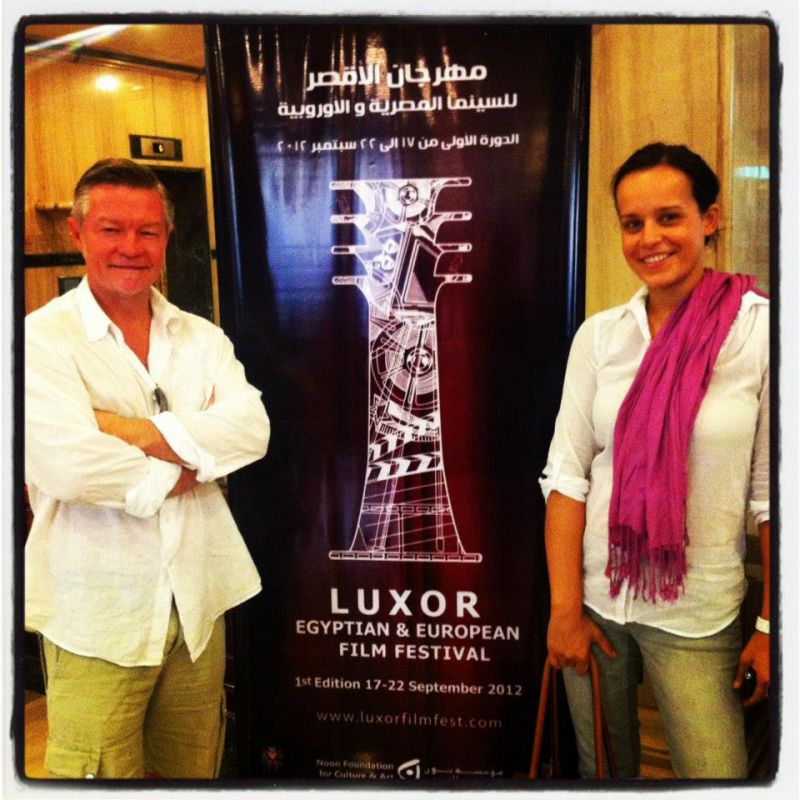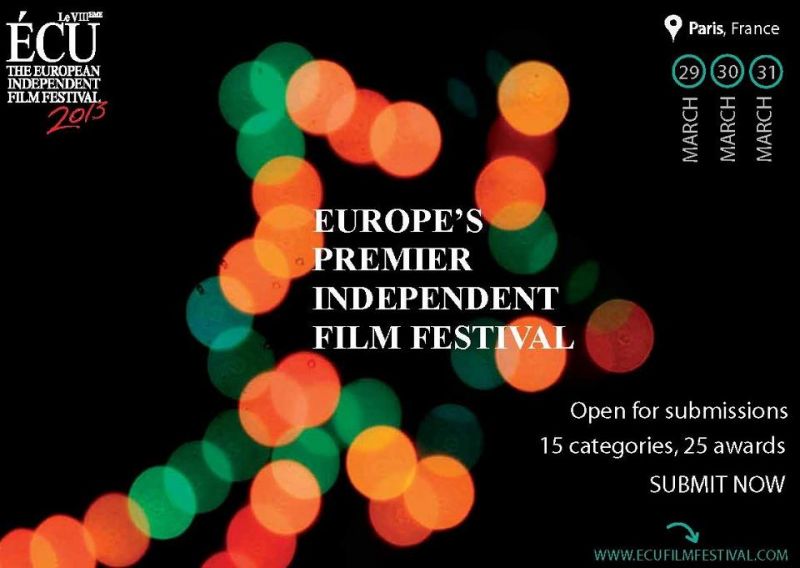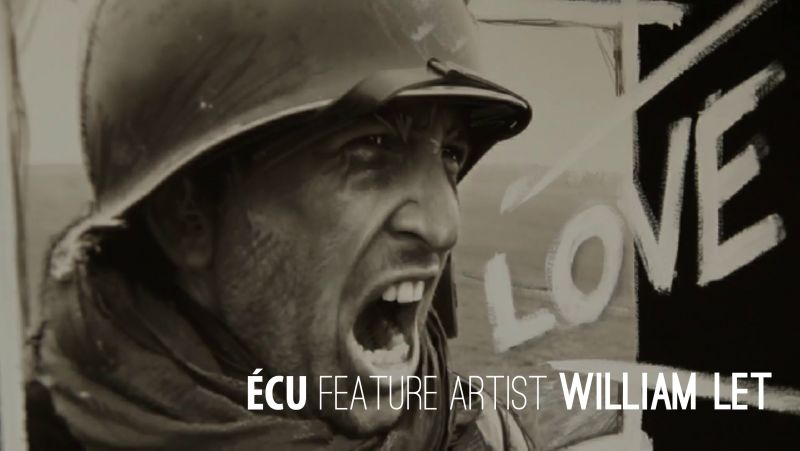|
|
||
|
Pro Tools
FILMFESTIVALS | 24/7 world wide coverageWelcome ! Enjoy the best of both worlds: Film & Festival News, exploring the best of the film festivals community. Launched in 1995, relentlessly connecting films to festivals, documenting and promoting festivals worldwide. Working on an upgrade soon. For collaboration, editorial contributions, or publicity, please send us an email here. User login |
SPOTLIGHT OF THE WEEK: SAM FULLERHe was born in August 1912. At twelve years-old, he became a paper boy, at seventeen, a criminal reporter for The New York Graphic, at twenty, a ghost writer, at thirty, a decorated soldier. Scorsese said of him that “when you respond to a Fuller film, what you’re responding to is cinema at its essence. Motion as emotion. Fuller’s pictures move convulsively, violently. Just like life when it’s being lived with genuine passion”. This week, we celebrate Samuel Fuller’s centennial. Since he never revealed the screenplays he had written as a ghost writer in the early thirties, his official filmography doesn’t start until 1936, with a short Laurel & Hardy film. During the war, he placed himself behind the camera for the first time by shooting on 16mm the liberation of the concentration camp in Sokolov. It wasn’t until independent producer Robert Lipper commissioned him to write three screenplays and that Fuller agreed to take the job only if he was allowed to direct them (with no additional charges) that he took the leap towards film directing. It was with the last of these films, The Steel Helmet (1951), one of the first movies about the korean war, considered to be pro-communist and anti-american, that Fuller got the major studios’ attention, which eventually led him to an association with 20th Century Fox. He made seven movies with Fox, most of them were made on extremely low budgets and treated controversial subjects such as racism (Run of the Arrow), sadism (Pickup On South Street) or repressed homosexuality (House of Bamboo).
Initially little appreciated by film critics, after his contract with Fox expired in 1957, Fuller was consigned to B movies. He continued making movies in a more independent fashion but always with the same characteristic style: direct, expressive, provocative, in the words of Manny Farber, maybe the first critic to acknowledge his work, “blunt and abstract”. Despite the limitations, some of his best regarded films are from this period: The Crimson Kimono (1959), Shock Corridor (1963) and The Naked Kiss (1964). Even though all of them are genre movies, Fuller had a very personal approach, always positioning himself between raw emotion and complex dialectics. This is made obvious in his now legendary declarations in Godard’s Pierrot Le Fou (1965) where, in a conversation with Jean-Paul Belmondo’s character, he explains that “a film is like a battleground. After almost a decade without touching a camera, Fuller came back with what is today considered his magnum opus: The Big Red One (1980). A violent film about the survival of five WWII soldiers, led by a paternal, nameless sergeant played by Lee Marvin. The film is particular in many ways, from the thematic treatment, that of a group of soldiers, moved only by fear and the drive for survival, to the directing method, in which Fuller would fire a gun loaded with blanks to start a take and cut it by disapprovingly yelling “forget about it!”. Nevertheless, The Big Red One was the film that consolidated him as one of the greatest directors of our time. Sam Fuller always felt uncomfortable with the cult status he achieved and genuinely worried about young filmmakers, seeing himself as their “benevolent father”. In the eighties, many of them such as Jim Jarmusch, Wim Wenders, Martin Scorsese or Mika Kaurismäki seeked him out for guidance, and he would always respond faithfully to his vision of filmmaking: “If a story doesn’t give you a hard-on in the first couple of scenes, throw it in the goddamned garbage.” Bruno Sarabia 24.08.2012 | ÉCU-The European Independent Film Festival's blog Cat. : American film directors Arrow Bruno Sarabia CDATA Cinema of the United States Critic ecufilmfestival Entertainment Entertainment Film Fuller indie Jean-Paul Belmondo Jim Jarmusch Lee Marvin Major Manny Farber Martin Scorsese Martin Scorsese Mika Kaurismäki New York paris Person Attributes Person Career Person Communication Pickup on South Street Producer Quotation Reporter Robert Lipper Sam Fuller SamFuller Samuel Fuller Samuel Fuller Sergeant Social Issues Social Issues The Big Red One The New York Graphic Wim Wenders writer
|
LinksThe Bulletin Board > The Bulletin Board Blog Following News Interview with IFTA Chairman (AFM)
Interview with Cannes Marche du Film Director
Filmfestivals.com dailies live coverage from > Live from India
Useful links for the indies: > Big files transfer
+ SUBSCRIBE to the weekly Newsletter Deals+ Special offers and discounts from filmfestivals.com Selected fun offers
> Bonus Casino
User imagesAbout ÉCU-The European Independent Film Festival Hillier Scott Hillier Scott (ECU)
Scott Hillier, Founder and President of ÉCU - The European Independent Film Festival
Scott Hillier is a director, cinematographer, and screenwriter, based in Paris, France. In the last 20 years, Hillier has gained international recognition from his strong and incredible cinematography, editing, writing, producing and directing portfolio in both the television and film industries.
Scott began his career in the television industry in Australia. In 1988, he moved to London getting a job with the BBC who then set him to Baghdad. This opportunity led him to 10 years of traveling around world for the BBC, mainly in war zones like Somalia, Bosnia, Tchetcheynia, Kashmir, and Lebanon. After a near fatal encounter with a Russian bomber in Tchechnyia, Hillier gave up his war coverage and began in a new direction.
He moved to New York City in 1998. He directed and photographed eight one-hour documentaries for National Geographic and The Discovery Channel. Based on his war knowledge and experience, Hillier wrote and directed a short film titled, “Behind the Eyes of War!" The film was awarded “Best Short Dramatic Film” at the New York Independent Film and TV Festival in 1999. From that he served as Supervising Producer and Director for the critically acclaimed CBS 42 part reality series, "The Bravest” in 2002 and wrote and directed a stage play called, "Deadman’s Mai l," which ran at Le Théâtre du Moulin de la Galette in Paris during the summer of 2004. He then became the Director of Photography on a documentary titled, “Twin Towers." This was yet another life changing experience for Hillier. The riveting documentary won an Academy Award for "Best Documentary Short Subject" in 2003. In 2004, Hillier changed continents again, spending three months in Ethiopia. He produced “Worlds Apart,” a pilot for ABC America / True Entertainment / Endemol. As you can see, Hillier was and is always in constant movement and enjoys working in a number of diverse creative areas including documentaries, music videos, commercials, feature and short films.
Scott studied film at New York University and The London Film and Television School. He also studied literary non-fiction writing at Columbia University. Hillier's regular clients include the BBC, Microsoft, ABC, PBS and National Geographic. Between filming assignments, he used to teach film, a Masters Degree course in Screenwriting at the Eicar International Film School in Paris, France and journalism at the Formation des Journalistes Français in Paris, France.
View my profile Send me a message The EditorUser contributionsUser links |




























